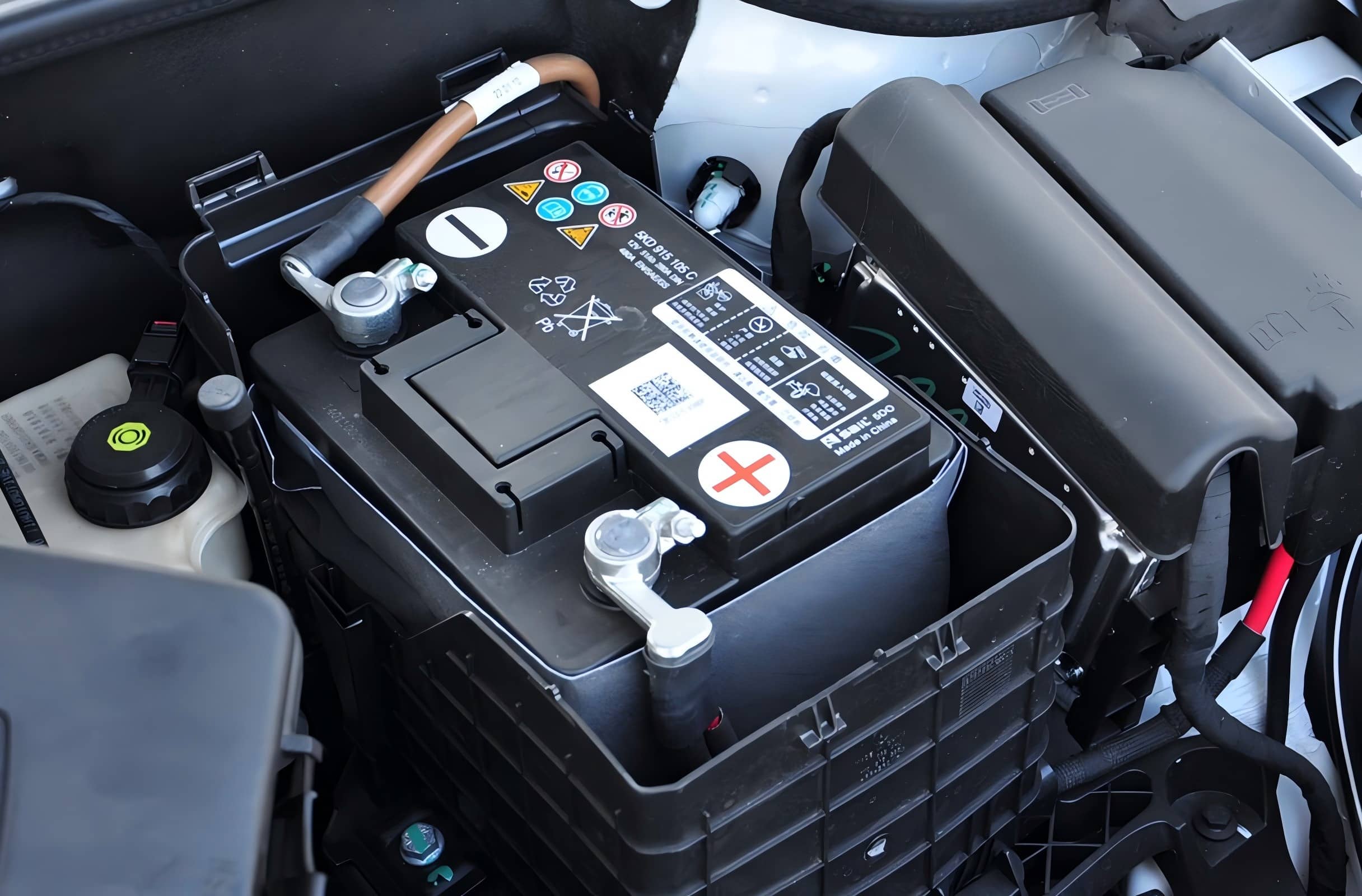Blog
Deep Cycle vs Starting vs Dual Purpose Batteries: Understanding the Difference
2025-07-08 | Calvin

Choosing the right battery isn't just about voltage and size—it's about performance, longevity, and using the right tool for the job. Whether you're powering an RV, equipping a fishing boat, or stocking a battery shop, understanding the core differences between starting, deep cycle, and dual purpose batteries is essential.
In this guide, we’ll break down what sets these battery types apart, where each one shines, and when using the wrong type might cost more than just power.
What Are the Main Types of Vehicle Batteries?
1. Starting (Cranking) Batteries – Quick Power for Engine Ignition
Best for: Cars, trucks, motorcycles, and other vehicles that require short, powerful bursts to start the engine.
Key features:
- High Cold Cranking Amps (CCA)
- Designed for quick energy discharge
- Minimal discharge cycles
- Lightweight internal plates
Why it matters: Starting batteries deliver a powerful jolt to turn over the engine, but they're not built for sustained energy draw. Using one in an application like a trolling motor or off-grid system will drastically shorten its lifespan.
2. Deep Cycle Batteries – Built for Endurance
Best for: RVs, boats, solar power systems, golf carts, forklifts, and any setup requiring sustained power over long periods.
Key features:
- Lower CCA than starting batteries
- Thicker plates for deep discharging
- Can handle 50–80% discharge repeatedly
- Long life in slow-drain environments
Why it matters: Deep cycle batteries are engineered to deliver a steady flow of power for hours without damage. They're ideal for appliances, lighting, and onboard electronics—but not great for starting engines.
3. Dual Purpose Batteries – Versatile, But with Trade-Offs
Best for: Vehicles or setups that require both engine starting and moderate continuous power, such as fishing boats, small RVs, or work trucks with auxiliary equipment.
Key features:
- Balanced CCA and deep cycle ability
- Convenient when space or budget is limited
- Good for light to moderate power needs
Why it matters: Dual purpose batteries are a compromise. They won’t crank as powerfully as a true starting battery or last as long as a dedicated deep cycle battery. But in hybrid-use cases, they’re a reliable all-in-one option.
Quick Comparison Table
| Battery Type | Best For | Strength | Limitations |
|---|---|---|---|
| Starting | Cars, trucks, motorcycles | High CCA, fast engine starts | Not suitable for deep discharges |
| Deep Cycle | RVs, boats, solar systems, golf carts | Long-lasting power supply | Poor cold-start performance |
| Dual Purpose | Mixed-use setups, small RVs, boats | Balanced cranking + endurance | Jack-of-all-trades, master of none |
What Happens If You Use the Wrong Battery?
- Shortened battery life – Using a starting battery in a deep cycle role can lead to premature failure.
- Reduced performance – Deep cycle batteries struggle to provide the burst needed to start a car engine.
- Increased costs – The wrong battery often results in more frequent replacements, downtime, and customer dissatisfaction.
Expert Tips for Battery Buyers and Installers
- Always match the battery to the application, not just the voltage or size.
- Consider temperature—cold weather affects starting batteries more than deep cycle units.
- Prioritize brand and build quality—not all batteries are created equal, even within the same type.
Conclusion
Choosing the right battery type isn’t just about ticking technical boxes—it’s about maximizing performance, longevity, and safety. Starting batteries kick engines to life. Deep cycle batteries power systems through long journeys. Dual purpose batteries offer flexibility when space or budget demands a hybrid solution.
Whether you're a battery wholesaler, technician, or enthusiast, aligning battery type with application ensures better results, fewer issues, and stronger customer trust.
Frequently Asked Questions
Q1: Can I use a deep cycle battery to start my car?
A: It’s technically possible, but not recommended. Deep cycle batteries lack the high cranking amps needed for fast ignition and may wear out quickly under such stress.
Q2: Are dual purpose batteries a good investment?
A: They’re great when you need versatility and space-saving, but for high-demand single-purpose roles, dedicated batteries are more efficient.
Q3: How do I choose between AGM, flooded, and gel variants?
A: Each technology affects maintenance, durability, and cost. AGM batteries, for example, are spill-proof and perform better in cold weather—ideal for modern applications.
- Next:How to Troubleshoot and Resolve Battery Discharge Warnings
- Previous:Tesla Battery Types: A Simple Guide for Model S, 3, X, and Y
Contact Details
Lithium LiFePO4 Batteries and Lithium LiFePO4 Cells Supplier - LiFePO4 Battery Shop
Contact Person: Miss. Elena Wang
WhatsApp : +8615263269227
Skype : +8615263269227
WeChat :15263269227
Email : info@lifepo4batteryshop.com
All Products
- A123 Battery (5)
- Sinopoly Battery (7)
- GBS Battery (16)
- CALB Battery (22)
- Cylindrical Cell (3)
- Energy Storage System (0)
- Battery Management System (2)
- Sodium ion Battery Cell (3)
- Lithium Titanate Battery (16)
- Ternary Lithium Battery Cell (11)
- REPT Battery (8)
- BYD Battery (2)
- CATL Battery (14)
- Thunder Sky Winston Battery (21)
- EVE Battery (29)
- LiFePO4 Battery Cell (4)
Certification
Customer Reviews
- I have fond memories of our meeting in Shanghai with LiFePO4 Battery Shop Elena. Your company left a strong impression on me with its impressive growth and professionalism. We both value straightforwardness and honesty, which I believe are the most important qualities in any partnership. I am confident that we can build a successful collaboration based on these shared values. —— Robert from USA
- I've been working with LiFePO4 Battery Shop for years, and their reliability is unmatched. While other suppliers frequently change sales teams, LiFePO4 Battery Shop has consistently provided exceptional service with a stable team. Their commitment to quality and customer support truly sets them apart. —— Henry from Australia



